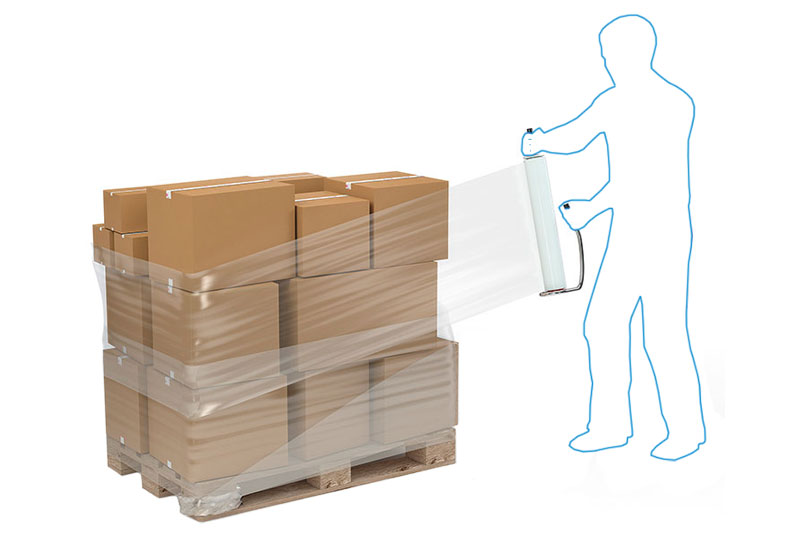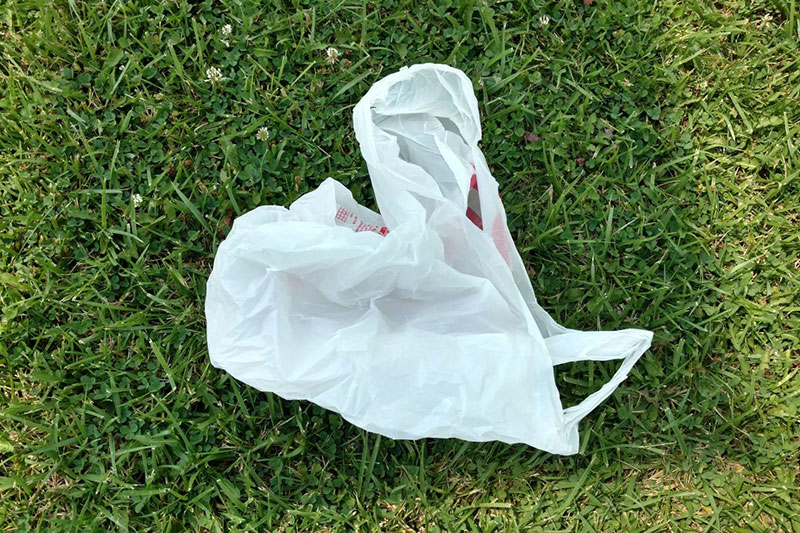Compostable
Compostable plastic packaging refers to packaging materials made from biodegradable plastics that can undergo composting, a controlled biological process, and break down into organic matter within a specific timeframe. Compostable plastics are designed to degrade into non-toxic components, leaving behind no harmful residues. The benefits of compostable plastic packaging include:
- Environmental impact reduction: Compostable plastics offer a solution to the problem of plastic waste, as they can be composted along with organic waste. They break down into organic matter, providing nutrients to the soil, without leaving behind microplastics or harmful substances. This reduces the pollution and environmental harm associated with conventional plastics.
- Waste management improvement: Compostable plastics can be processed in industrial composting facilities, where they break down efficiently under controlled conditions. Composting diverts waste from landfills, reduces methane emissions, and contributes to the production of nutrient-rich compost that can be used in agriculture, landscaping, and horticulture.
- Resource conservation: Compostable plastics can be derived from renewable resources, such as plant-based materials like cornstarch or sugarcane. By utilizing these renewable resources, compostable packaging reduces the reliance on fossil fuel-based materials and supports a more sustainable approach to packaging.
- Reduced carbon footprint: Composting compostable plastics results in the release of carbon dioxide, but the carbon emitted during their breakdown is part of the natural carbon cycle. Additionally, composting helps to sequester carbon in the resulting compost, providing a climate benefit when used as soil amendment.
- Consumer appeal and market demand: Many consumers are actively seeking sustainable packaging options. Compostable plastic packaging appeals to environmentally conscious consumers and can enhance a brand's reputation, demonstrating a commitment to sustainability.
It is important to note that compostable plastics require specific conditions to properly break down, such as adequate temperature, humidity, and microbial activity found in industrial composting facilities. They may not degrade as intended in home composting systems or if disposed of in regular waste streams. Proper labeling and consumer education are crucial to ensure compostable plastics reach appropriate composting facilities for effective decomposition.

Most of Respack’s compostable products are also certified by TUV – Vincotte “OK Compost Home”, to meet the requirements of stringent standard NF T51-800 from France.








